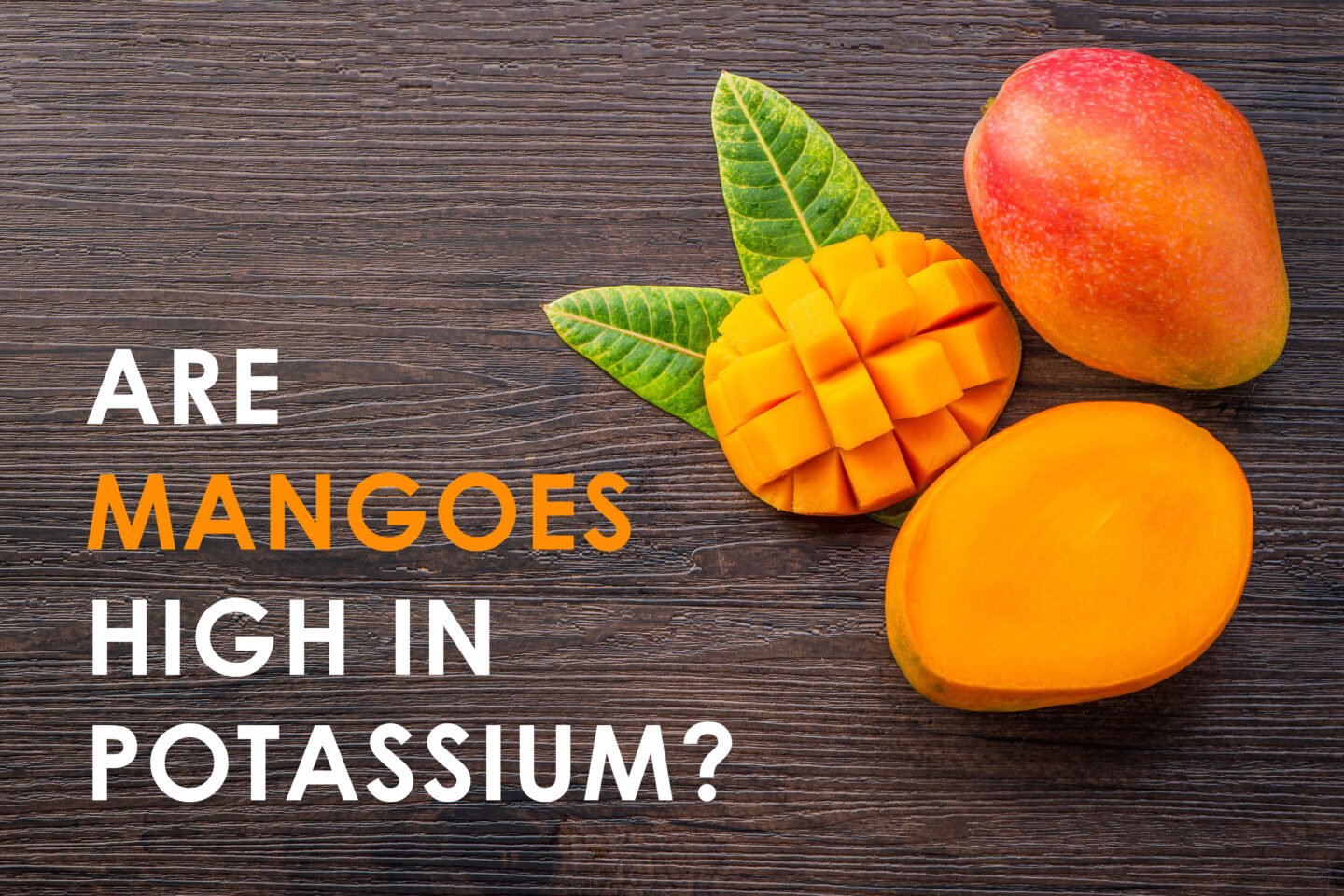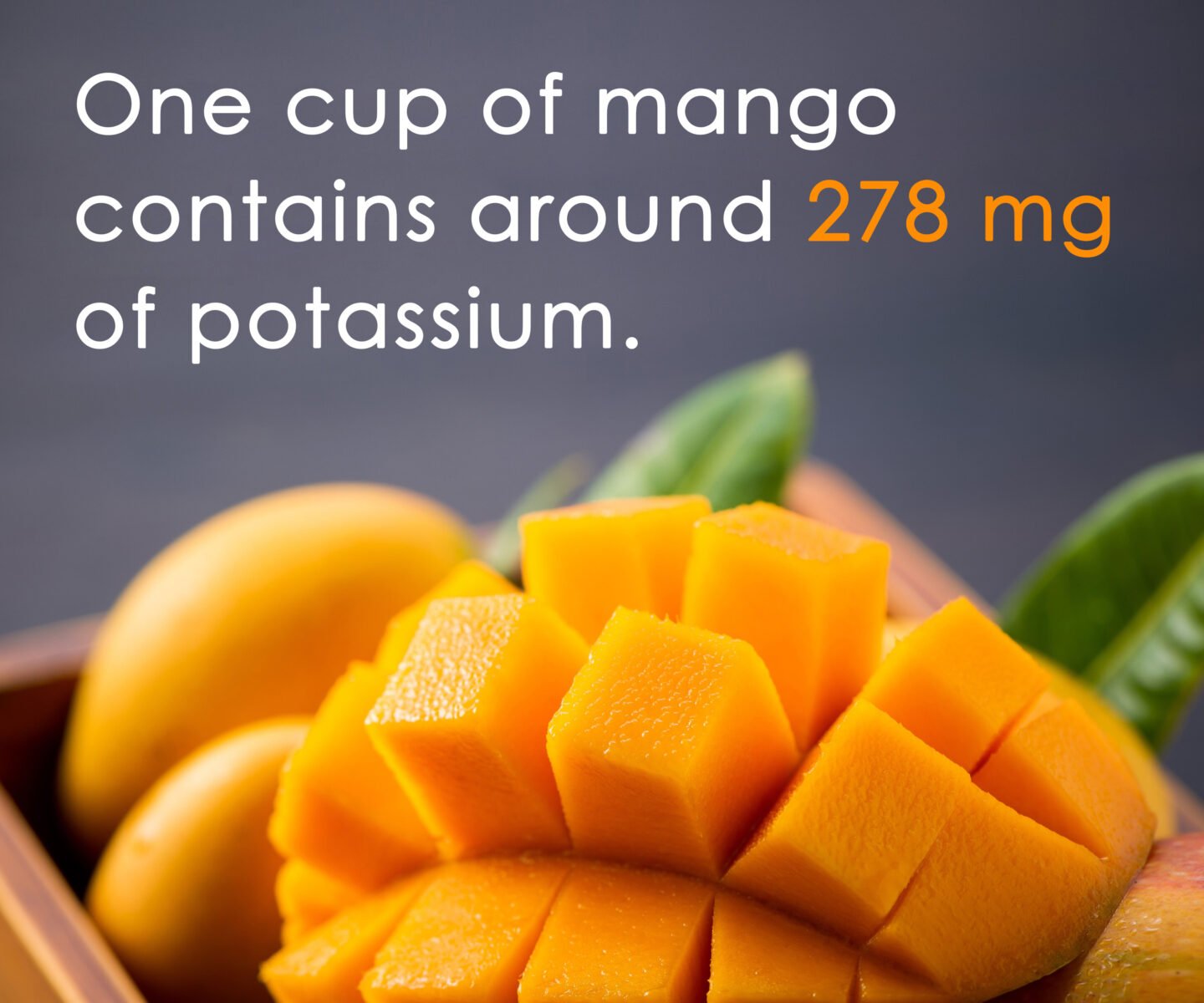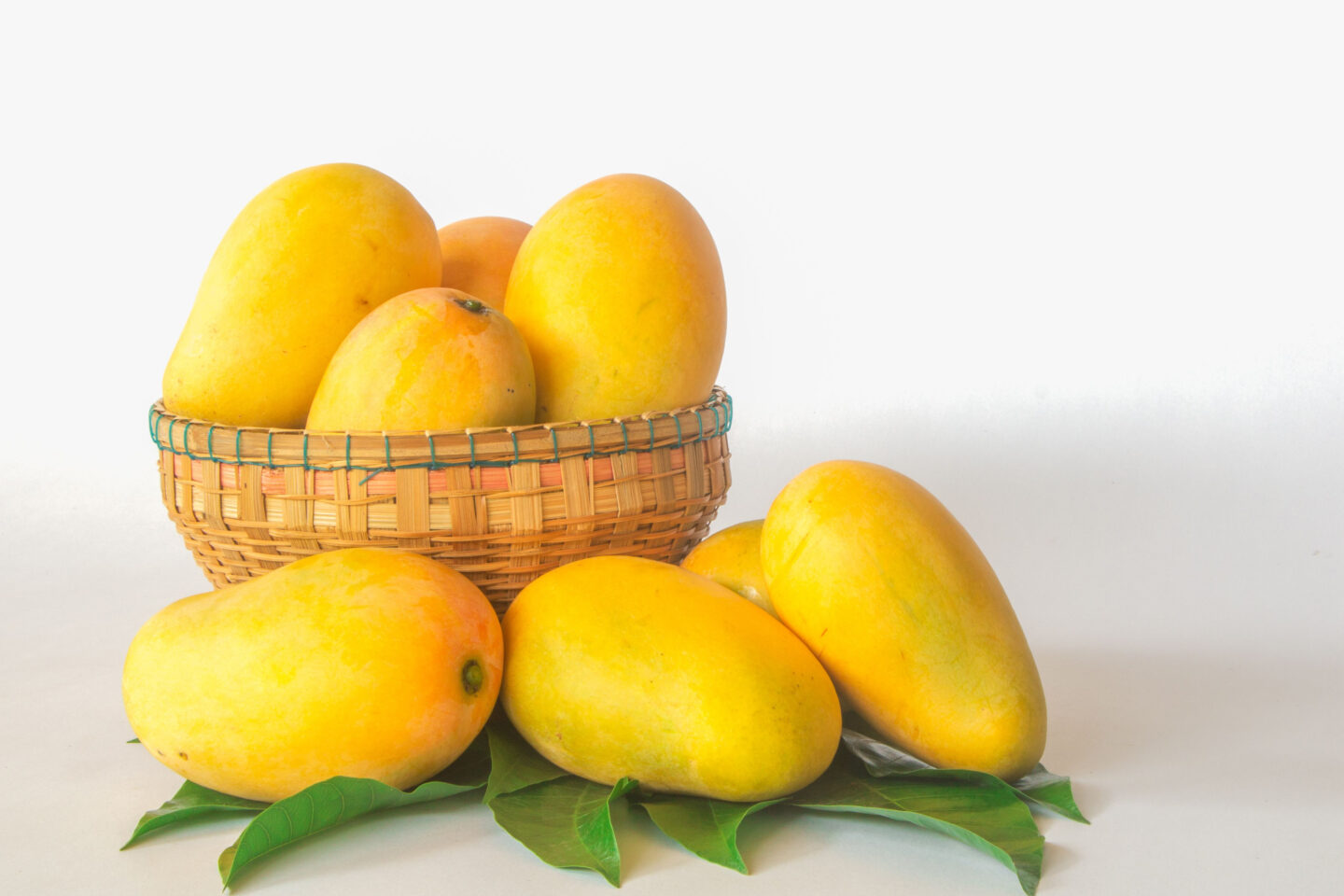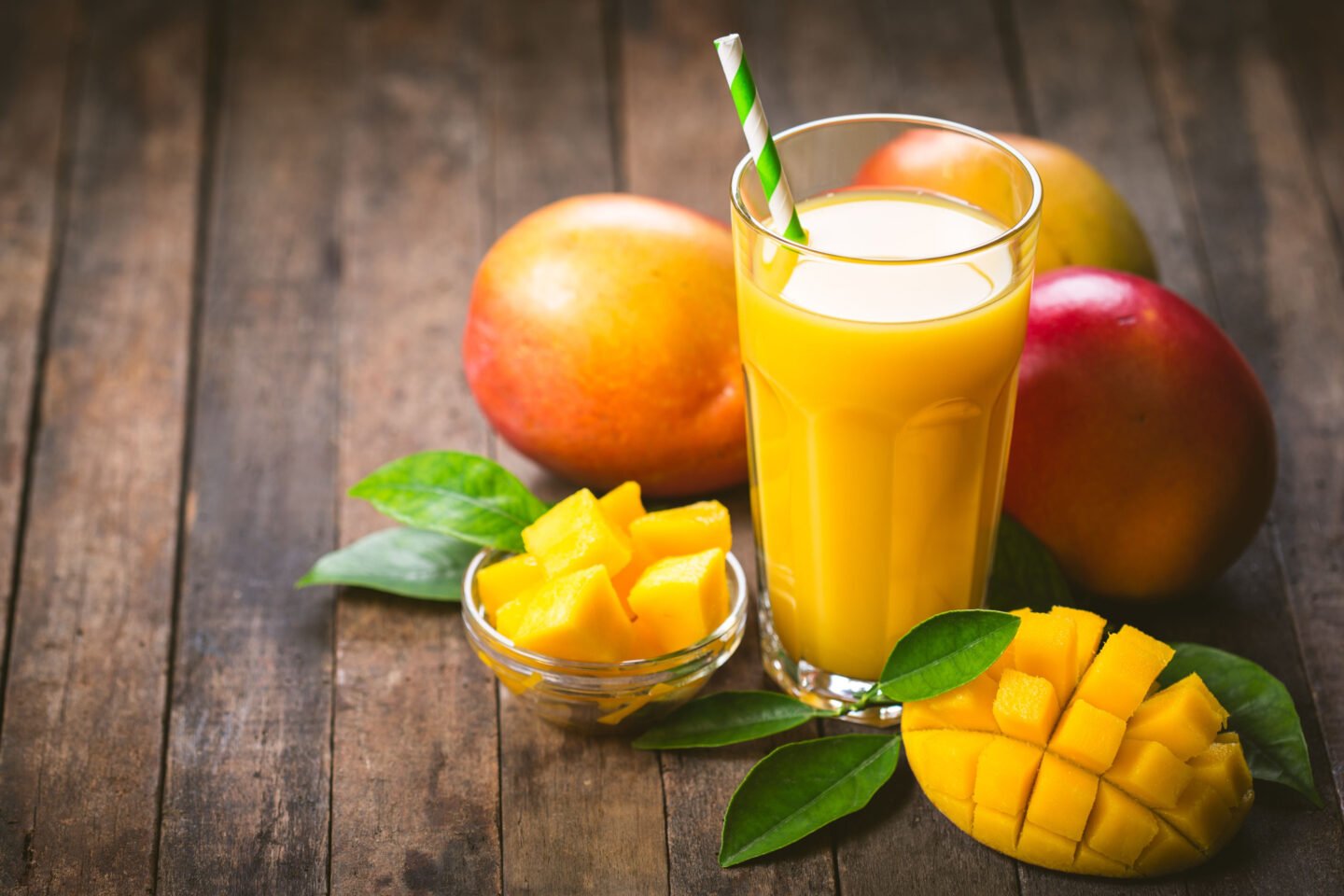Mangos are tropical fruits that makes a wonderful summer snack, either alone or in a fruit salad. Mangos are rich in nutrients, so they're a fantastic addition to a healthy, balanced diet.

However, some diets specifically aim to reduce or limit your intake of certain nutrients, such as the low-potassium diet for those suffering from kidney issues.
Does mango fit well into the meal plans of people following such a diet?
Table of Contents
Is Mango High or Low in Potassium?
Although mango contains too much potassium to be considered a low-potassium food, it doesn't have enough to cause problems for those on a low-potassium diet.
Mango is also rich in other nutrients, and a medium-sized mango contains 122 mg of vitamin C, more than the recommended daily intake for both men and women.
Can You Check Your Potassium Level at Home?
How Much Potassium Does Mango Contain?

One cup of mango contains around 278 mg of potassium. Foods containing 500 mg of potassium or more per serving are considered high-potassium, while those with 200 or less are considered low.
As mango is not that far over the low-potassium threshold, most people on a low-potassium diet should be able to eat at least a little. However, this varies and depends on the severity of a person's potassium sensitivity.
Different varieties of mangos may also vary in potassium content, sometimes by as much as 100 mg per serving.
Potassium is essential for good kidney function, as it helps control the blood flow between the kidneys and arteries. So not going too far below the daily intake recommended by your doctor is critical.
How Healthy Are Mangos?
Mangos are rich in vitamin C, which prevents scurvy, boosts your immune system, and supports cell growth and repair.
Mangos also contain vitamin B6, which supports brain function and your nervous and immune systems. They also contain enzymes that support the digestive system, preventing ulcers and some cancers.

The potassium in mangos contain helps control sodium levels, aiding digestion and regulating blood sugar.
Mangos contain lutein, an antioxidant that accumulates in your retina, contributing to good eyesight; their vitamin A also supports eye health.
They also contain substances that reduce inflammation, which has been linked to some cancers. Digestive system inflammation especially can lead to serious health problems.
Mangos contain polyphenols, which reduce stress and have been shown to lower cancer risk.
Is Dried Mango Higher in Potassium Than Fresh?
Dried mango contains around 279 mg of potassium per 100 g, almost the same as fresh. However, dried mango contains a lot more sugar, which can lead to weight gain and diabetes.
Dried mango is great in salads or as an occasional snack, but eat it in moderation to avoid consuming too much sugar.
How Much Potassium Does Mango Nectar Contain?
Mango nectar is rich in fiber and vitamin C and contains much less potassium than fresh mango. A cup contains around 35 mg, which is safe for those on a low-potassium diet.

As with most store-bought foods, different brands contain different amounts of potassium, so always check the label.
Can You Get Too Much Potassium from Mango?
It would be almost impossible to get too much potassium purely by eating mangos. However, it's easy to eat a lot, and different people may have different tolerances, so keep an eye on your overall potassium intake.
Mangos are a delicious, nutritious fruit that is an excellent addition to a healthy diet.
Those on a low-potassium diet should be able to include them in their meal plans but consider your daily recommended potassium intake.
Don't know which foods are high in potassium? Read our article, 15 Best Food Sources of Potassium. We also have a guide to this important mineral: Potassium 101: All You Need To Know About Potassium.
